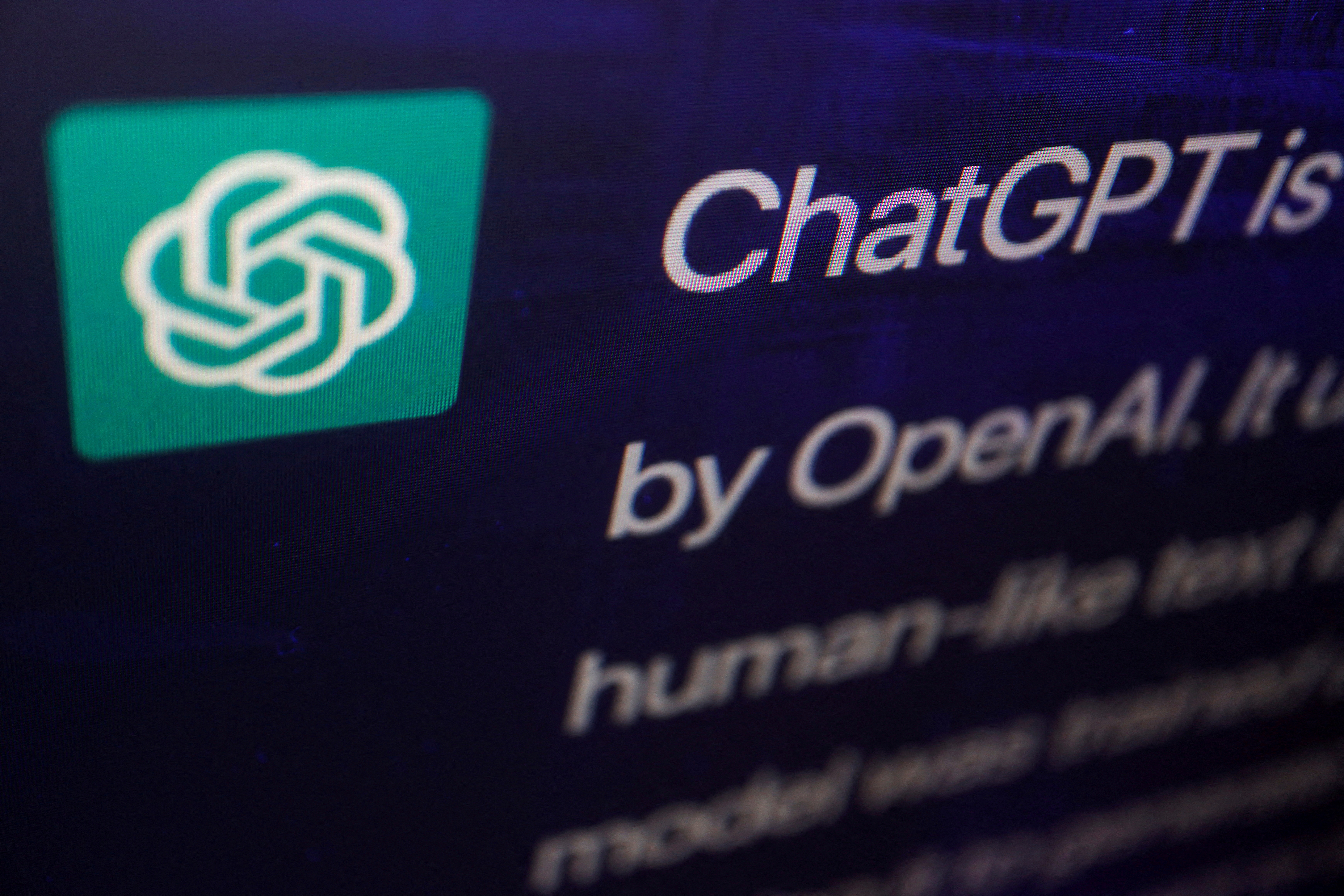 JPMorgan Chase, the largest U.S. bank by assets, is embracing artificial intelligence (AI) with the rollout of a generative AI assistant called LLM Suite. This program, already available to more than 60,000 employees, aims to automate tasks such as writing emails and reports. The bank plans to make the software as ubiquitous as the videoconferencing program Zoom. Unlike other companies that develop their own AI models, JPMorgan designed LLM Suite to be a portal that allows users to tap into external large language models. OpenAI’s LLM is the initial model being used.
JPMorgan Chase, the largest U.S. bank by assets, is embracing artificial intelligence (AI) with the rollout of a generative AI assistant called LLM Suite. This program, already available to more than 60,000 employees, aims to automate tasks such as writing emails and reports. The bank plans to make the software as ubiquitous as the videoconferencing program Zoom. Unlike other companies that develop their own AI models, JPMorgan designed LLM Suite to be a portal that allows users to tap into external large language models. OpenAI’s LLM is the initial model being used.
Teresa Heitsenrether, JPMorgan’s chief data and analytics officer, stated that the bank intends to have the flexibility to switch between different AI models depending on the use case. JPMorgan’s adoption of generative AI reflects the growing trend among American corporations since the launch of OpenAI’s ChatGPT in 2022. For example, Morgan Stanley has already released OpenAI-powered tools for its financial advisors, and Apple has integrated OpenAI models into the operating system of its consumer devices.
JPMorgan CEO Jamie Dimon has compared the potential impact of generative AI to that of electricity, the printing press, and the internet. Dimon believes that this technology will augment virtually every job at the bank. Currently, LLM Suite is being used across various divisions of JPMorgan, such as consumer banking, investment banking, and asset and wealth management. The software assists employees with writing, summarizing documents, problem-solving with Excel, and generating ideas.
In the past, JPMorgan restricted the use of ChatGPT due to concerns about exposing its data to external providers. However, the bank has now developed a wrapper for the ChatGPT model, ensuring that its data remains protected. The introduction of LLM Suite is just the first step, according to Heitsenrether. The bank aims to educate employees on the potential of prompt engineering and how to leverage generative AI for their specific domains.
Generative AI has a wide range of applications that go beyond traditional narrow AI. JPMorgan is already testing various use cases for both forms of AI. For instance, generative AI is being used to create marketing content for social media, plan itineraries for clients of JPMorgan’s travel agency, and provide meeting summaries for financial advisors. In addition, AI is helping with branch and ATM placement, fraud prevention in global payments, and assisting call center personnel.
However, JPMorgan is proceeding cautiously when it comes to using generative AI that directly interacts with individual customers. The bank wants to avoid the risk of chatbots providing inaccurate information. Teresa Heitsenrether believes that the generative AI field may eventually be dominated by “five or six big foundational models.”
She also outlined three stages for the evolution of generative AI at JPMorgan. The first stage is making the models available to employees, which has already been achieved. The second stage involves incorporating proprietary JPMorgan data to boost productivity. The third stage, which is yet to come, is when generative AI becomes powerful enough to perform complex multistep tasks autonomously. This would transform rank-and-file employees into managers with AI assistants at their disposal.
The adoption of AI in the banking industry is expected to bring significant changes. While it can empower workers and enhance productivity, it may also lead to job displacement. According to consulting firm Accenture, banking jobs are the most prone to automation across all industries. However, AI could also boost the sector’s profits by $170 billion in just four years, according to Citigroup analysts.
Teresa Heitsenrether suggests that generative AI should be seen as an assistant that handles mundane tasks, allowing employees to focus on higher-value work. The technology has the potential to revolutionize the banking industry by streamlining processes and increasing efficiency. As JPMorgan continues to explore the capabilities of generative AI, it will be interesting to see how it shapes the future of the bank and the wider financial sector.

